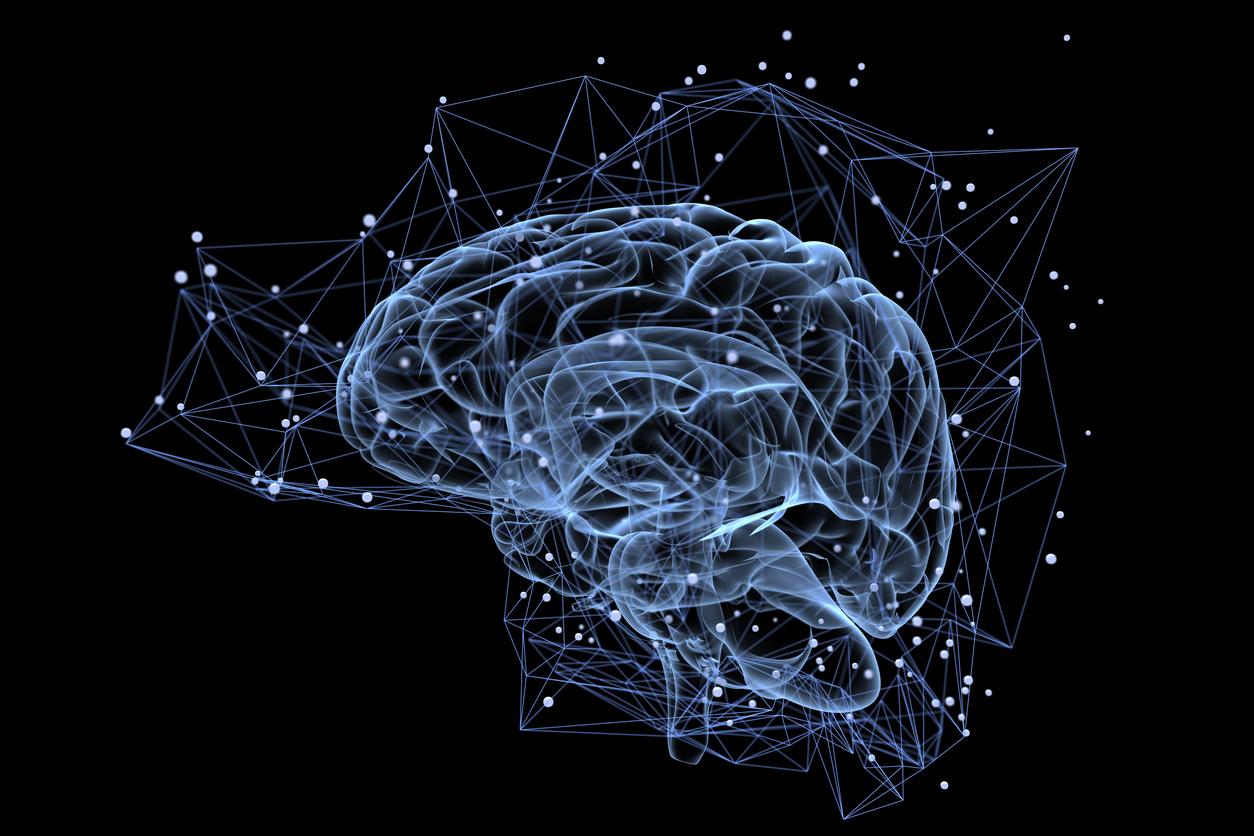Irritable Bowel Syndrome (IBS) is an abnormal functioning of the digestive tract that affects around 15% of the Western population worldwide and 5% in France, according to the Association of Patients Suffering from Irritable Bowel Syndrome ( APSSI). This syndrome, which can manifest itself chronically, has a very heavy impact on the daily life of patients with phases of acute diarrhea and constipation as well as bloating, gas and spasms.
The relationship between the gut and the brain becomes clearer
In a recent study, published in Wiley, Newcastle University researchers reaffirmed the brain-gut connection in irritable bowel syndrome patients after following 1,900 participants for a year. They were asked to complete questionnaires indicating their levels of depression, anxiety and the appearance of possible symptoms of intestinal disorders.
By compiling the responses to the questionnaires, the researchers observed that 31 to 54% of people who were anxious and depressed at the time of the study had developed irritable bowel syndrome. While people who were less anxious and depressed before the study saw their risk reduced by 60 to 70% compared to the more stressed participants.
The results of the study also indicate that in one-third of the participants, the mood disorder precedes the intestinal disorder, when the opposite occurs in the remaining two-thirds (the intestinal disorder starts before the mood disorder). .
A still little-known mechanism
Recently, another Australian study showed that Crohn’s disease, a chronic inflammatory bowel disease, not only affects the digestive tract, but also affects the brain. Indeed, in addition to noticing a higher score for depression in the patients examined, the researchers had noted many cognitive disorders, such as memory, concentration or thought disorders.
If the link between intestine and brain has been accepted for several years by the scientific community, several key studies are still necessary to understand the exact mechanism of this relationship, and its influence on the organism.
Read also :
Intestinal flora: the latest advances for our intestines
Crohn’s disease also has an impact on the brain
Happiness: why happy people are healthier


















